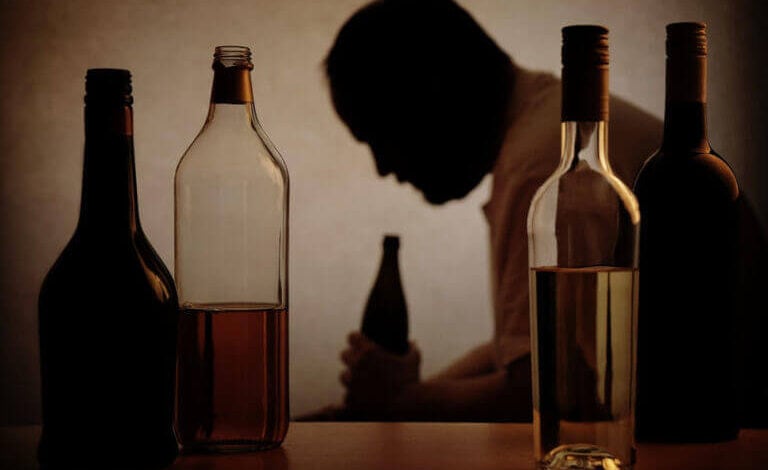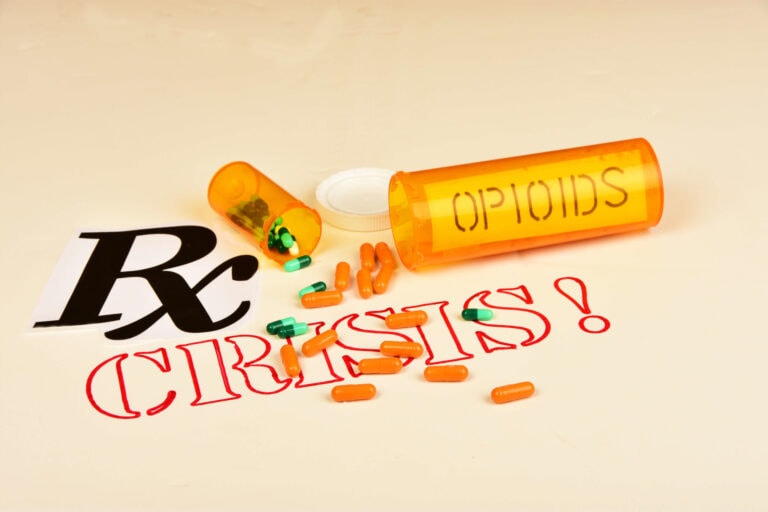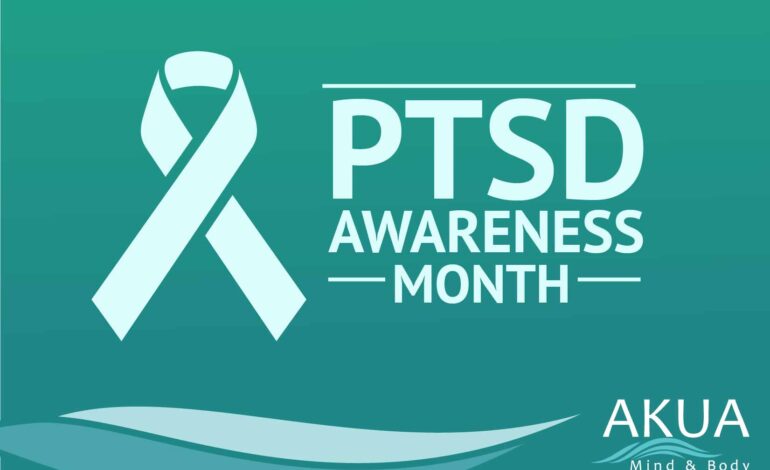We live in a society where millions of Americans are addicted to drugs and alcohol but only a small portion receive proper treatment. Addiction is a disease that influences one’s mind and behavior. According to the National Survey on Drug Use and Health NSUDH 2014 report, nearly 22 million Americans age 12 and older had a substance use disorder in the previous year; however, only 2.5 million received the treatment they needed. When people are addicted to drugs and alcohol, they can’t withstand the compulsion to use or drink, regardless of their awareness of the harmful effects of such substance. As a result, these individuals deal with guilt and shame in secret and with the continued use of illicit substances, they are put in a very dangerous and vicious cycle.
It is well known that addiction is accompanied by feelings of shame, guilt or self-stigmatization which is often a result of society’s stigma on addiction. However, although these feelings can negatively impact the individual, they can also be a motivation to change.
While a moderate feeling of shame can be a driving force for an addict to change, or inhibit a relapse, toxic shame can lead to various negative feelings that may include feeling weak or inferior, disgrace, guilty, embarrassment, awkwardness or worthlessness. If someone only concentrates on the negative side of shame, they can face a decline of self-esteem which can lead to further issues with addiction. Hence, overcoming shame and guilt in addiction is a primary step.
How to cope with shame and guilt in addiction?
- Make sure to forgive yourself : “Every saint has a past and every sinner has a future.”—Oscar Wilde- People can release guilt by talking about it or sharing it with friends. Not judging themselves can help with the recovery process and understanding the fact that addiction is not a shameful condition to have is important.
- Recognize past mistakes and Change : You should take a look at your past and identify behaviors that have led to addiction in order to understand it more. It takes a lot of effort to be able to recognize your own mistake, but when you do, you can greatly improve your life.
- Welcoming imperfection : “The most terrifying thing is to accept oneself completely.” ―Carl Jung – You don’t need to be validated by others, you need to concentrate on validating and accepting yourself, imperfections included
- Showing bravery : The weak can never forgive. Forgiveness is the attribute of the strong.” ―Mahatma Gandhi – Keep reminding yourself that it takes courage to recognize past problems and dealing with them.
- Seek help : By working with a therapist, an addict can come to realize that they are not bad people, even if they have exhibited bad behavior. They can work with professionals in understanding and overcoming shame and guilt in addiction.
Reach out for help.
Unreasonable thoughts and assumptions can encourage shame and guilt in addiction. These beliefs can support persistent negative thought about ourselves. Shame and addiction becomes a never-ending cycle: one causes you to feel humiliated and ashamed and another hinders you form seeking help and treatment. These feelings of shame and guilt often causes patients to take longer to recover, however, with the right help, it is possible to overcome addiction.
If you or a loved one is struggling with addiction, call AKUA at 833-258-2669 and speak with a staff member. It is never too late to begin your new life. We offer specialized treatment programs for men and women with trauma, mental health issues and substance use disorders in Northern and Southern California.
24/7 ADMISSION HELPLINE 888-629-6707




